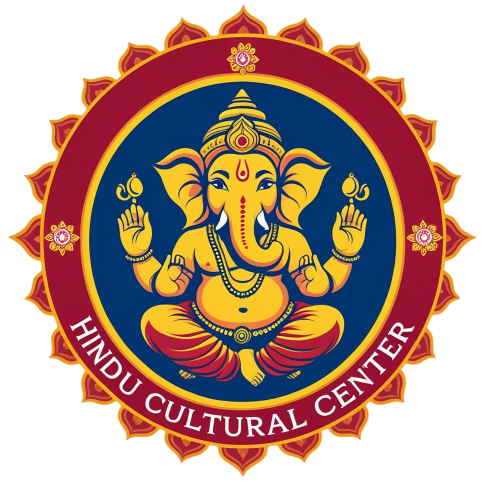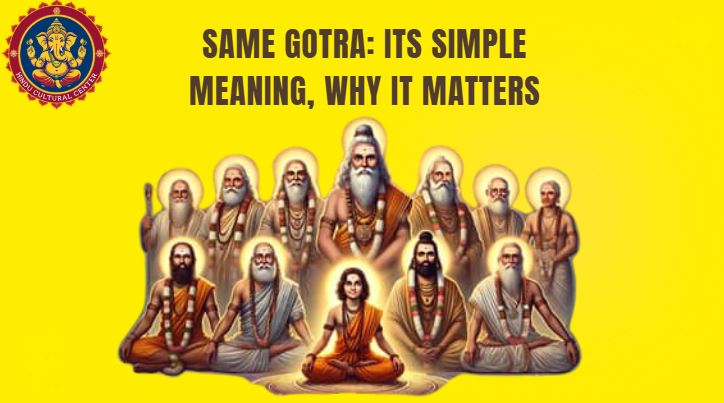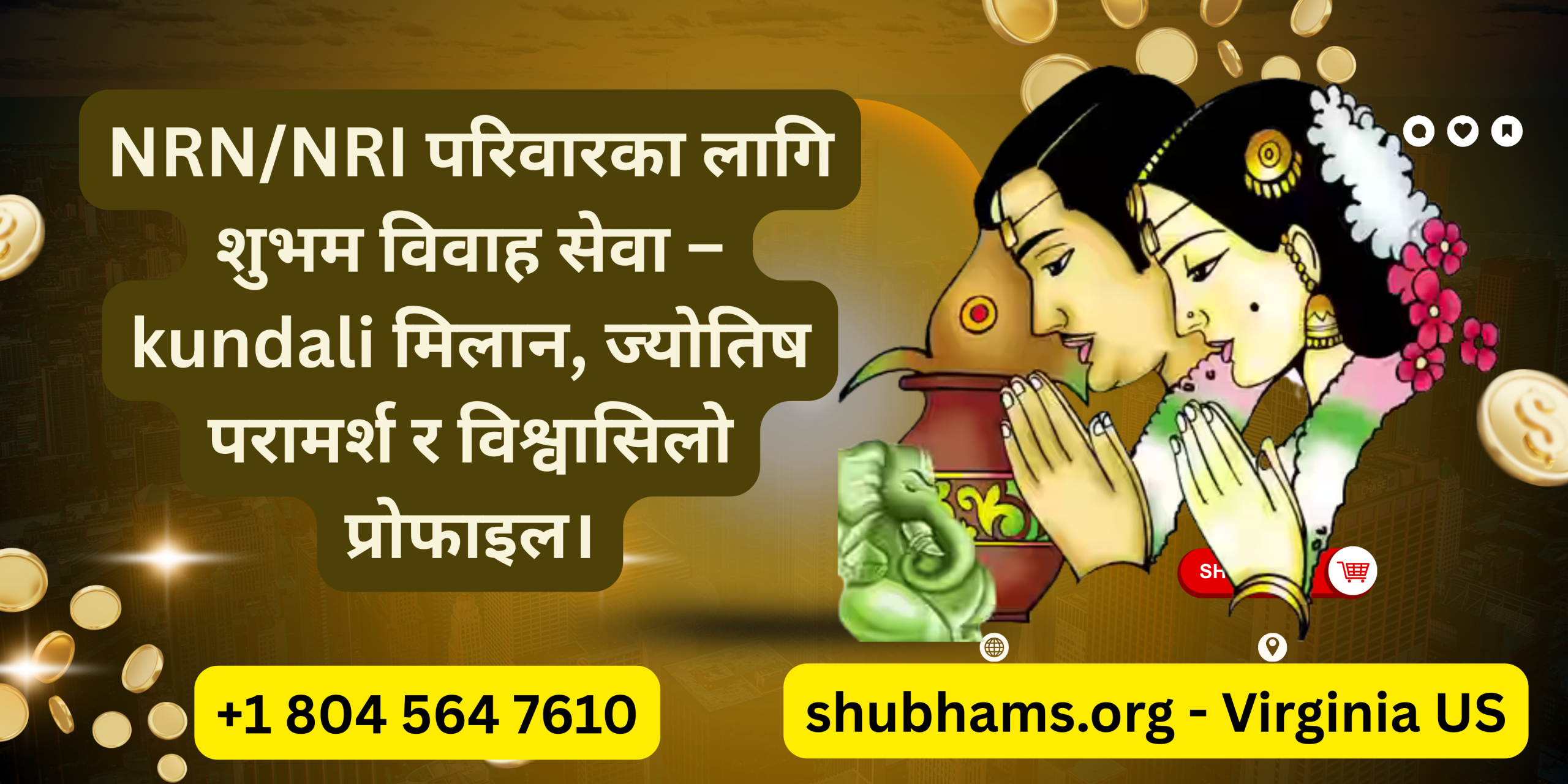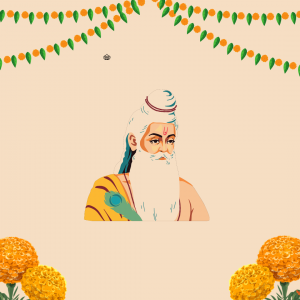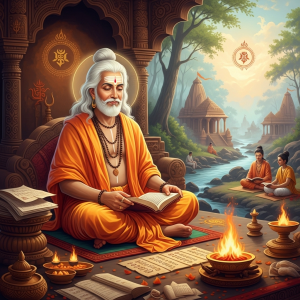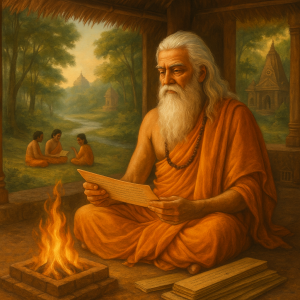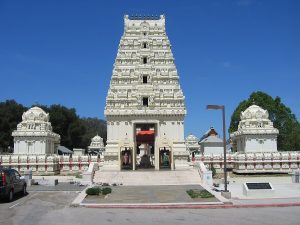So have you ever heard anyone say “donne mein same gotra se shadi nahi hoti” (we can’t marry someone from the same gotra)? This is a belief that many Indian families hold, particularly for purposes of marriage. But what exactly is same gotra? Why is it seen as a problem? How much validity is there to this concept?
In this post, let us know what gotra is, what happens when two people come from the same gotra, why marriage between the same gotra is banned everywhere, and what the opinion of science and modern thinking is on it.
Table of Contents
What is Gotra?
Gotra is a term used in the Hindu system of society to describe one’s family line or clan. It informs us about our ancestors, particularly the ancient sages (rishis) from the time of the Vedas. For instance, if someone’s gotra is Gautam, it is the family sage Gautam belonged to.
There are many gotras, like
- Bharadwaj
- Vashishtha
- Atri Kashyap
- Vishwamitra
- Jamadagni
- Agastya
These were created at the time of seven great sages. The people eventually began adhering to these names to express their genealogy.
Simple Tip: Gotra is “your forefather’s family name,” from ancient sages.
How is Gotra Passed On?
In most Hindu families, the father’s gotra is what boys get.
Even girls follow their father’s gotra till she gets married. After marriage, women may adopt their husband’s gotra.
Thus the gotra really means cowpen and is intended to signify the herd of cows belonging to a family, hence his kin.
What Does “Same Gotra” Mean?
Two persons of the opposite sex belonging to the same gotra means they are part of the same family line. Even when they are otherwise not particularly related, their long-ago ancestors were identical to each other, as the sage a long way back.
In Hindu belief, that’s akin to them being brother and sister, even if they are from different homes. So, marrying within the same gotra has been restricted in most of the communities. Example: If both the persons belong to “Vashishtha gothra,” then they are the same ancient family.
Why is marriage between the same gotra not allowed?
So let’s run through the logic of this in easy stages.
1. Religious Belief
According to Hindu scriptures, people with the same gotra are siblings. They’re looked upon as something to marry, and it’s wrong or even a sin. Our ancient texts, such as Manusmriti, clearly say, “Don’t marry a girl of your own gotra.”
2. Cultural Traditions
In various regions in India, particularly among the upper caste, the practice is actively followed in the communities of Brahmins, Jats, Rajputs, and Kayasthas. Sometimes even social pressure or criticism is faced by families if one marries in the same gotra.
3. Health and Science Reasons
Now, science also has an explanation: two people with the same genes can mean genetic problems in their children. Because people with the same gotra are believed to have descended from a common ancestor, they might have overlapping DNA.
That is perhaps why there could be old rules — to prevent health problems in future children.
In simple words, same gotra is like same root. Getting married this way could lead to health problems in children.
Read More:
Janajati Caste and Their Description
Nepali Thar and Their Gotra List
How other regions follow Gotra rules compulsorily Some other regions follow Gotra rules voluntarily in North India:
There is strictness about marrying in the same gotra.
Some even refuse to marry someone from the same village in case they share the same roots.
In South India:
The rules are more relaxed.
Same-gotra marriage is allowed between some families if the marriage is not closely related.
They also look to the mother’s family side to make decisions.
Tribal and Others:
Gotra rules are not legally prohibited in India and there are an increasing number of non-Hindus who follow the gotra rules.
For instance, Muslims and Christians do not follow the same structure.
Same Gotra in Current Modern Times
Things are changing fast. That has left many young people asking, for example: Why would we listen to something so ancient?
What if we love a person of the other gotra? Then what happens?
But does it matter to you that we are not related by blood?
Here’s What’s Happening:
Nowadays, with so many people looking to matrimonial websites or apps, which continue to display gotra, same-gotra matches are not automatically blocked. Cities and mixed-culture families are growing more accepting.
People now are stressing more on compatibility than gotra.
What the Law Says:
Indian law permits same-gotra marriages, provided the couple are not close relatives; in other word they should not belong to the same family. So, strictly legally speaking, same-gotra marriage is not a crime.
FAQs About Same Gotra
Q1. Is it legal for 2 people from the same gotra to marry?
Yes, Brother and Sister (as long as they are not blood relatives), they can get married.
Q2. Is gotra the same as caste?
No The gotra is related with the families (so the families don’t intermarry with each other), and the caste is related to groups or professions.
Q3. What if somebody marries in the same gotra?
Some families may struggle against it, but unless incest with both parties being closely related is seasoning the stew, there are no legal questions.
Q4. How can I find out my gotra?
You can ask the elders of your relatives or your family’s priest. It’s usually inherited in families.
Q5. Is it true that a woman’s gotra changes after she gets married?
Traditionally, yes. Typically, a woman adopts her husband’s gotra when she gets married.
Conclusion
The concept of same gotra is very deep and very ancient and was conceived when people had very strong belief systems and logic. That may have made sense in years past, but the world is quite a different place now.
We now have science, open conversations and laws to help steer us. It’s good to respect traditions, but it’s also important to learn why traditions exist and when they need no longer apply. Do what is right for you, whether you follow the gotra or not, as long as it is informed, treated with respect and healthy.
